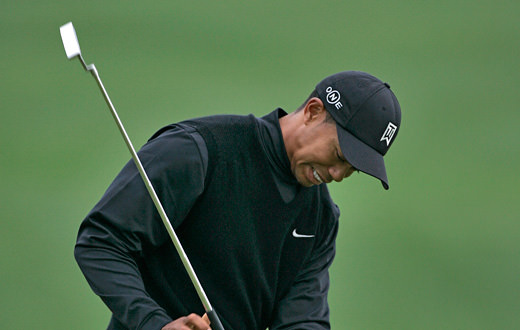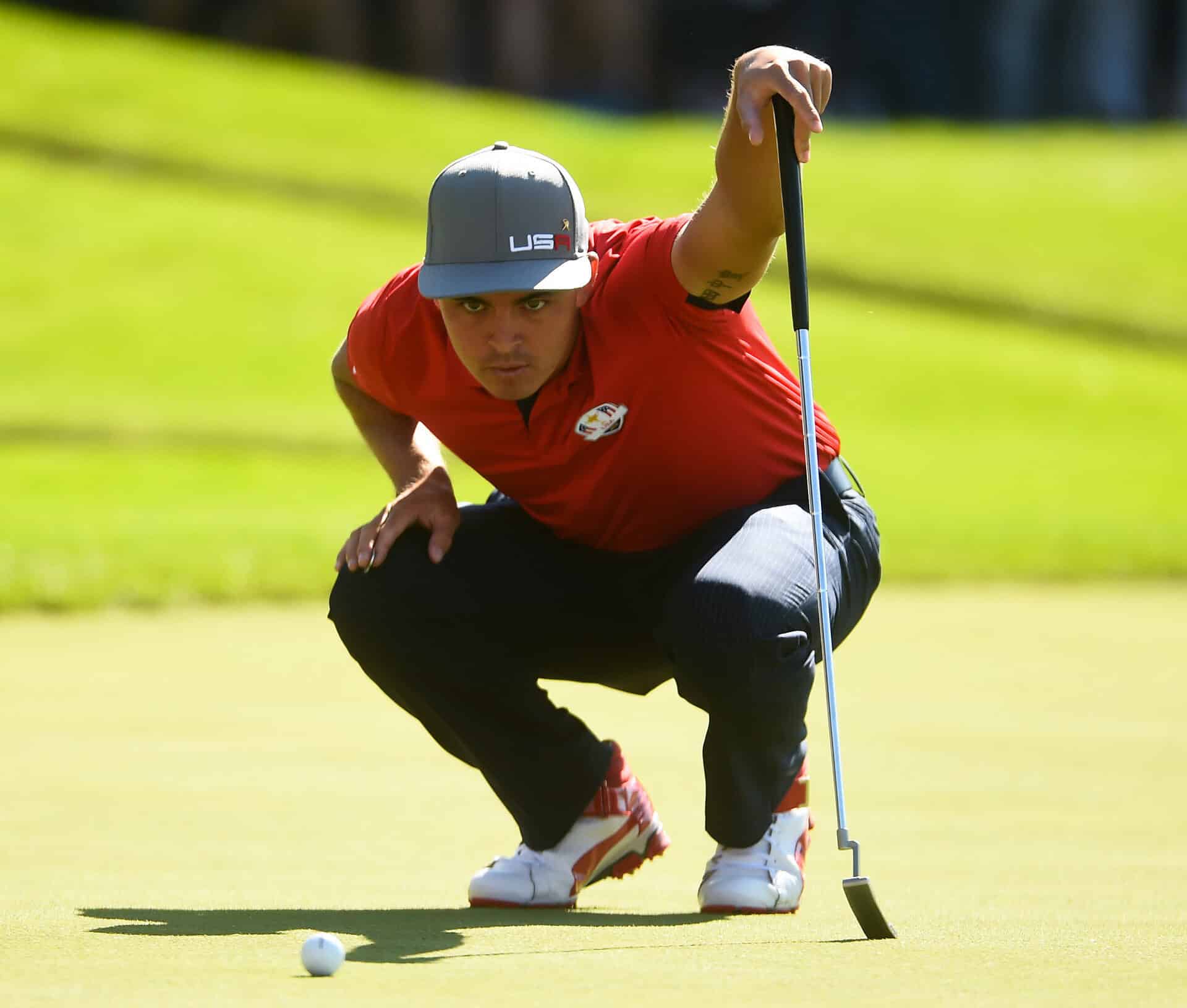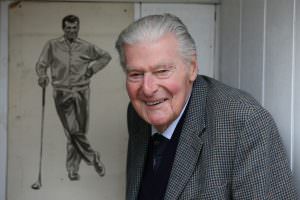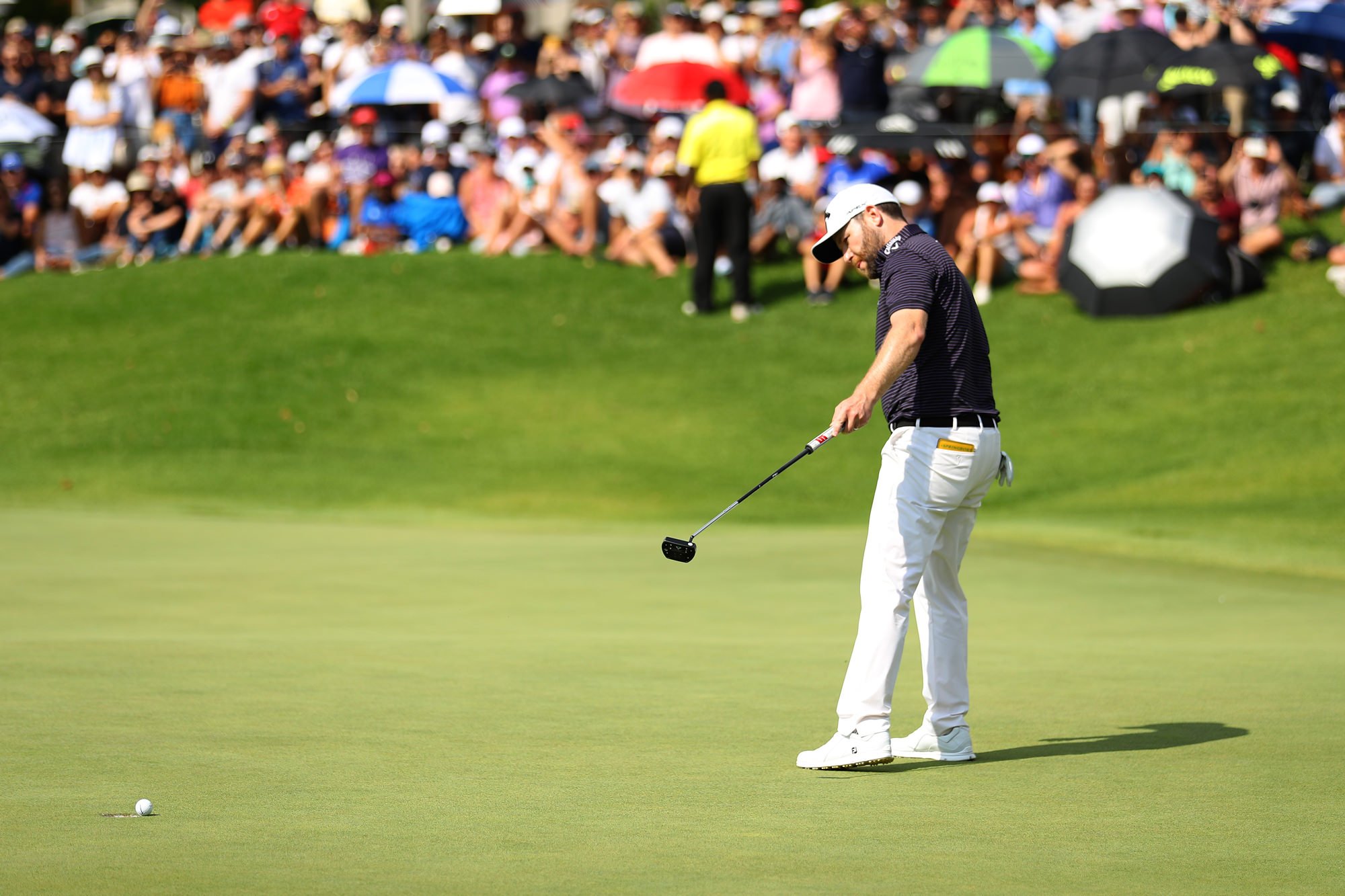
Is perfectionism killing your game?
IT seems to me that golf has certain ‘Mind Traps’ that we keep falling into over and over again and for me one of the most damaging is what I call misplaced perfectionism.
The dictionary definition of perfection is – a personal standard, attitude, or philosophy that demands perfection and rejects anything less.
It is an interesting thought to consider that all mental strengths taken to an extreme can become a liability and I think that perfectionism is definitely in that category. To have elements in your personality that are perfectionistic can be a terrific quality. Certain professions lend themselves to the need to be perfectionistic.
Over the years though with the game of golf I have seen too many talented players never quite fulfilling their immense potential because of perfectionism and the way they applied it to their golf game became devastating. To such a degree that the game they once loved becomes an absolute torture.
Bob Rotella famously wrote a book many years ago called Golf is Not a Game of Perfect and I would agree with him with one caveat in that I would say that parts of golf are not perfect and if you try to be perfect in all parts then you are heading for a disaster. But I do believe certain parts of your golf can be close to perfect most of the time.
The real skill, the real success, will come when you identify what you can be perfectionistic about and what you can’t. And when you identify the right areas to be perfectionistic about, and you cut yourself some slack in other areas, then you will begin to play a game that you will truly enjoy being part of.
The problem with perfectionism in golf is that taken to an extreme in the wrong areas it can make you very miserable indeed. You are only just satisfied if you absolutely nail one just where you aimed. Just satisfied! So your best leaves you just about satisfied and well anything less is totally unacceptable.
If we look at any given shot then we have the opportunity to see the whole of the game in one micro moment. As we do in one, we will do in all. I honestly believe how you see someone approach one shot at golf will tell you an awful lot about the sum of that person as a whole.
I honestly believe how you see someone approach one shot at golf will tell you an awful lot about the sum of that person as a whole. When you consider any single shot in the game you have a few constants and a few variables. The constants are that your ball will always be at point A and you desire the ball to go to point B. This starts on the 1st tee and this equation only ends on the 18th hole.
From point A to point B there will be a distance to consider and a direction to consider in how to move from one point to another. There will be a decision as to the tool that you are going to use for the task that confronts you.
You will step into the shot and you will send commands to your body to move the club. The club will generate some speed and some force, the two will meet each other and then they will separate.
The club could be travelling in excess of 100mph and, if the face is open or closed by a fraction of a degree, then the ball will not travel to point B.
If you are lucky it will be to either C or D but, in some extreme cases, it could be G and H! A tiny misapplication of force to that ball can send the thing miles off line.
The obvious key point that I am making here is that the odds on you hitting the ball exactly as you want to are minuscule. Golf is a game of missing and failing but what you do before you let the ball and club meet each other should have an element of perfectionism in it because you do have control over what you do.
My experience is that most golfers are very un-perfectionistic about what they do before the shot and then horrendously too perfectionistic about the shot itself. You should perhaps consider switching that equation around.
Just to finalise these ideas on perfectionism the last word should come from someone who was one of the best golfers of all time but also was perceived to be a perfectionist, the legendary Ben Hogan. In his book the Five Lessons he stated that he became a great golfer when he learned to control his perfectionism – ‘No golfer can always be at the peak of his game, the key element is not to expect perfection but to expect mistakes’.









